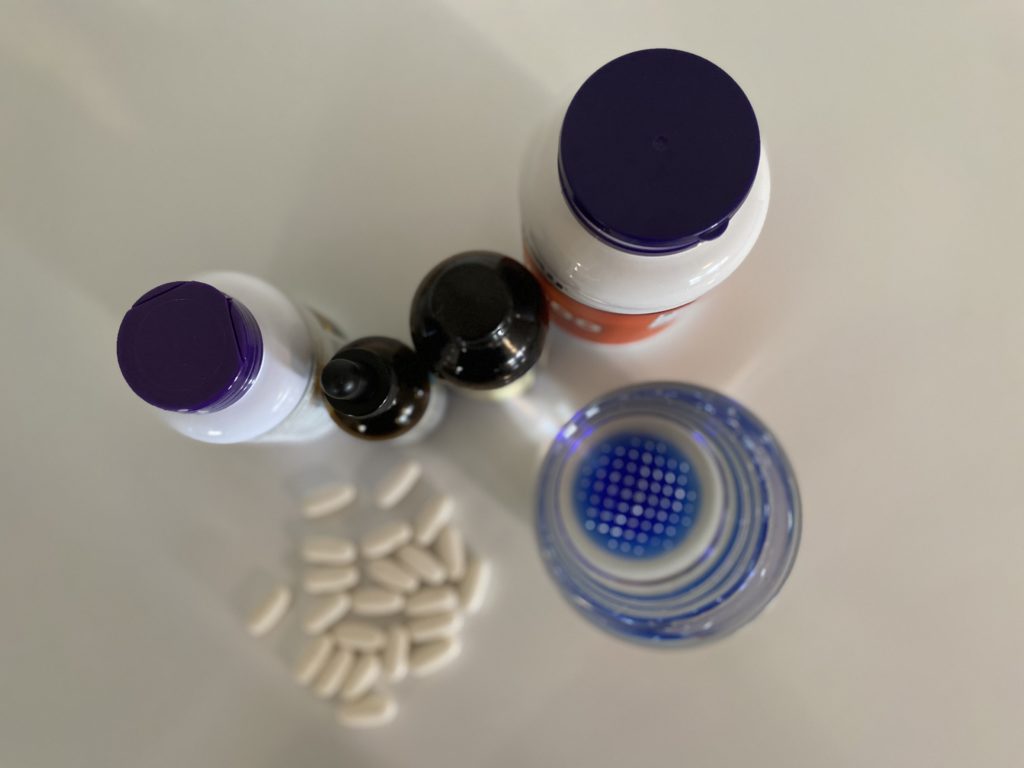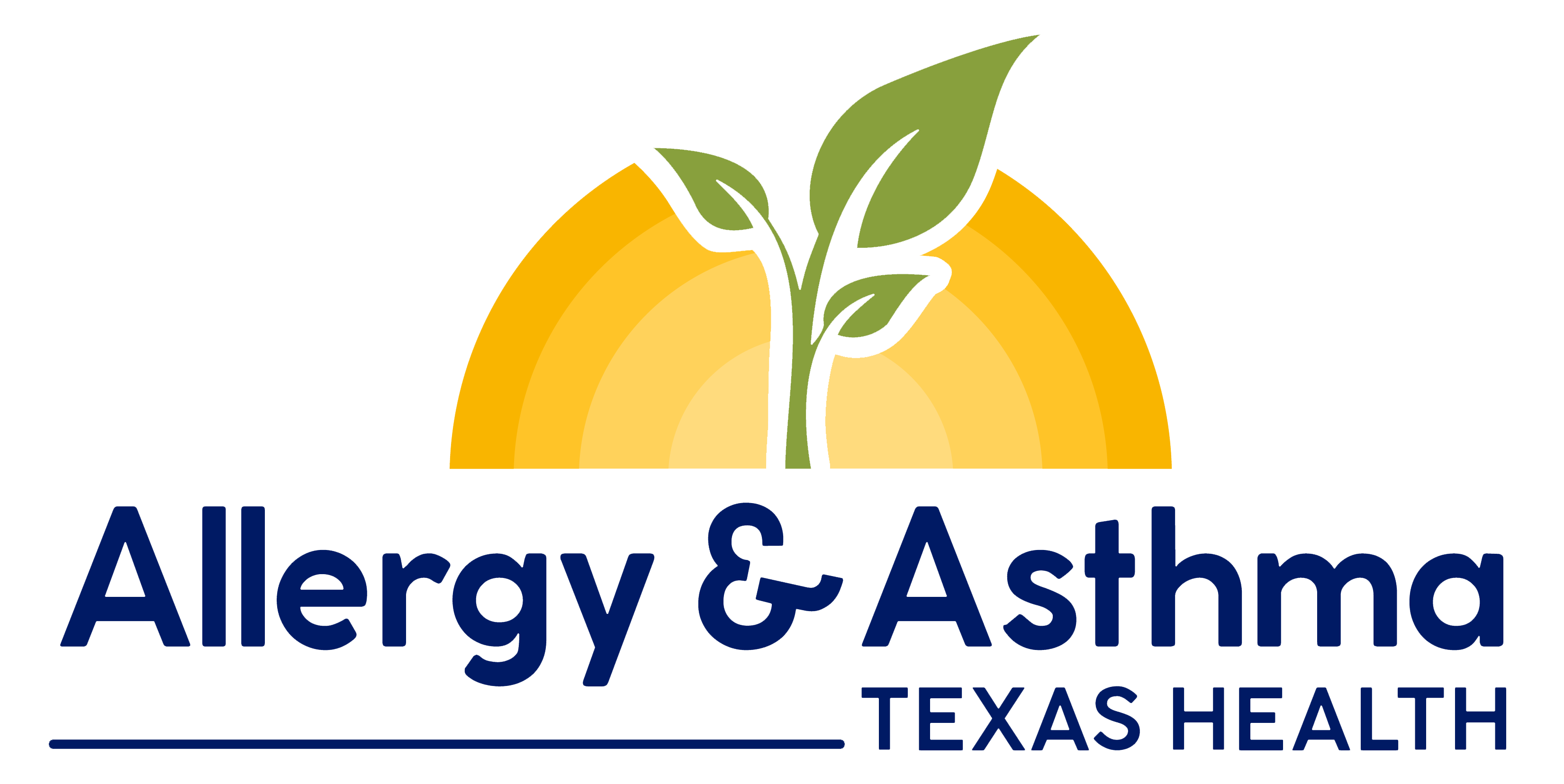
The COVID pandemic is unfortunate and everyone is suffering under it in one way or another. The virus is the virus, the disease varies by the host. This risk and toll are sadly greatest among the most socioeconomically vulnerable, highlighting chronic disease and health disparities.
It is not surprising that an increasing number of patients are asking about the benefits of using nutritional supplements and other lifestyle interventions to minimize COVID severity. The answer is not simple, we need to look at the big picture. We have known for a long time that nutrition is intricately linked to immunity and to the risk and severity of infections. Using nutritional supplements may have a role in replenishing and maintaining micronutrient stores. However, we need to focus on improving our overall health and to improve control of chronic conditions such as asthma, obesity, hypertension and hypercholesterolemia. For Lifestyle Medicine focused health professionals, our root-cause approach to health and health care are vital interventions for minimizing disease severity now and in the future. Examples of target patient behaviors include, but are not limited to, eliminating tobacco use, improving diet, increasing physical activity and improve sleep.
Below are the main take home messages on the use of nutritional supplements during COVID-19 published on Harvard School of Public Health’s web page.
Most Americans Do Not Have a Healthy Diet
Dietary surveys in the US and elsewhere show that most people are consuming diets that do not meet national guidelines—often because of availability, cost and food preferences—and such diets may not provide optimal quantities of essential vitamins and minerals. Currently, the ongoing COVID-19 pandemic is likely to put many more individuals at risk of food insecurity and make consuming a healthy diet even more difficult. This becomes increasingly likely if the infection risk-mitigation strategies do not include approaches to ensure essential supplies are effectively distributed and accessible, or if the pandemic affects productivity of the agricultural sector.
Nutritional Supplements and COVID Severity
Although we are not aware of good data on the effects of nutritional supplements on risk or severity of COVID-19, existing evidence indicates that supplements of several nutrients can reduce risk or severity of some viral infections, particularly among people with inadequate dietary sources. Therefore, prudence suggests that inadequate intakes of essential minerals and vitamins be avoided at this time, and supplements can help fill some gaps. Some key points:
- Taking a standard (RDA) multivitamin/multimineral supplement as a nutritional safety net is reasonable. These supplements are a relatively inexpensive and convenient way to replenish and maintain micronutrient stores. Talk with you doctor about maximum daily recommended amounts.
- Maintaining adequate levels of vitamin D is particularly important. Vitamin D is normally produced in our skin when exposed to sunlight, and in the late winter and spring blood levels of vitamin D tend to be low because of reduced sun exposure. Staying indoors will further reduce blood levels. Although we do not have evidence at this time whether vitamin D supplements will reduce the severity of COVID-19, they might, especially among people with low levels. Because the cost of blood testing is usually more than the cost of supplements, and because there are other benefits from maintaining adequate vitamin D, taking supplemental vitamin D would be reasonable for most people to consider.
- If vitamin D supplements are not available, a backup option is to take advantage of some sunlight, which is now starting to become intense enough to produce vitamin D. Expose as much skin as possible in the middle of the day and begin for short periods, being very careful to avoid burns. 15 minutes can produce a large amount of vitamin D in light skin; 3 or 4 times longer will likely be needed for dark skin. Note that this is short-term guidance related to limited vitamin D supplement availability during the current pandemic; and not advisable long-term. Because sun exposure can contribute to skin cancers, in general it is important to avoid excessive sun exposure or use of tanning beds.
- At this time, megadose supplements (many times the recommended dietary allowance, or RDA) do not appear justified as a general recommendation, and these can sometimes be harmful.
- Avoid any supplements promoting wild health claims. At this time, the US Food and Drug Administration has been monitoring and warning companies offering fraudulent products claiming to prevent, diagnose, treat, or cure COVID-19.
- Nutritional supplements should not be considered to be substitutes for a good diet, because no supplements contain all the benefits provided by healthy foods.
References


